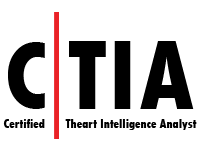
EC-Council Certified Incident Handling (E|CIH)
E|CIH is a method-driven program that uses a holistic approach to cover vast concepts concerning organizational incident handling and response from preparing and planning the incident handling and response process to recovering organizational assets after a security incident.





